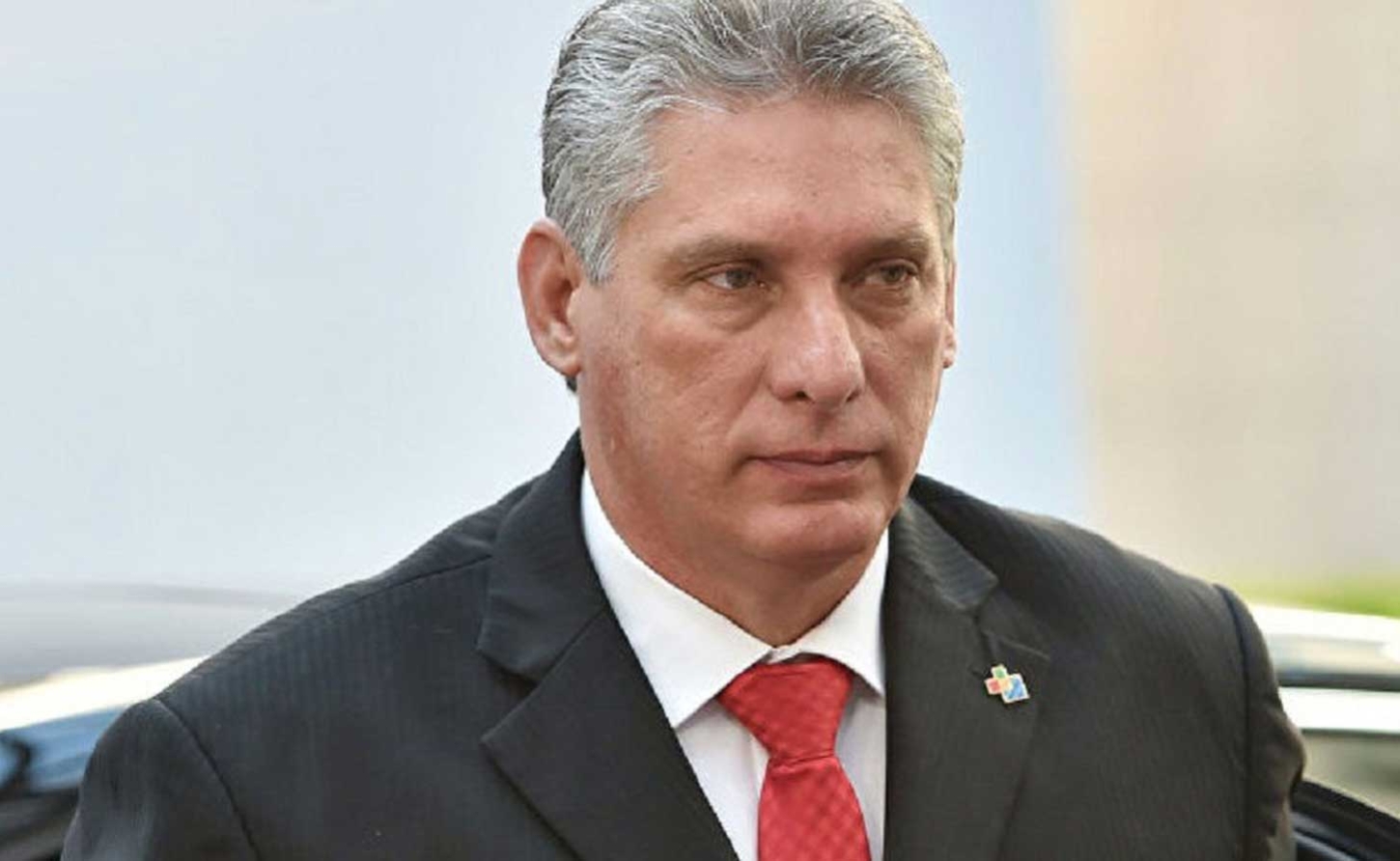CUBA | Cuba Denounces US Terror List Designation as Political Manipulation

HAVANA, Cuba, May 16, 2025 - In a blistering rebuke of Washington's decision-making, the Cuban government declared Wednesday that "repeating a lie doesn't make it true," as it forcefully rejected the United States' latest move to include the island nation on its list of countries that "do not fully cooperate with anti-terrorism efforts."
The Ministry of Foreign Affairs in Havana issued a scathing indictment of what it characterizes as politically motivated maneuvering by the Trump administration, arguing that the designation represents nothing more than an extension of America's economic warfare against the Caribbean nation.
"The U.S. government once again discredits itself," the Ministry stated, accusing Washington of transforming the global fight against terrorism into "a unilateral political exercise against countries that do not bow to its hegemonic interests."
Cuban officials pointed to a stark contradiction in America's position, noting that exactly one year ago, the previous U.S. administration had removed Cuba from this same list, explicitly recognizing the value of bilateral cooperation in law enforcement that included joint anti-terrorism efforts.
"Nothing has changed since then in Cuba's exemplary performance in this area," the statement asserted. "What has changed is the government in the United States and the intention of its new Secretary of State, whose family are refugees from Cuba, to impose the narrative that Cuba constitutes a threat."
The timing of the reversal appears particularly suspect to Havana, which claims the Trump administration wasted no time in circumventing established interagency consultation processes. According to Cuban officials, the new team acted "a few hours after taking office" to undo the previous administration's determination—a determination that had been reached through standard protocols among specialized agencies.
Havana's frustration is palpable in their accusation that the designation lacks substantive evidence. The Ministry portrays the listing as merely another instrument in America's "maximum pressure" campaign, designed to inflict economic damage on the Cuban population while intimidating any nation associated with the terrorism label, "regardless of what the truth may be."
The statement turns particularly pointed when addressing Cuba's own historical relationship with terrorism, declaring that Cuba's "commitment to energetic action and condemnation of terrorism is absolute and invariable" and "does not respond to the whims of the U.S. Secretary of State in office."
In what might be seen as diplomatic jiu-jitsu, the Ministry flips the accusation, alleging that "the U.S. government tolerates or is complicit in this scourge." They cite the cases of Luis Posada Carriles and Orlando Bosch Ávila, whom they describe as "confessed terrorists" who "lived peacefully in the city of Miami, protected by the U.S."
The Ministry further claims that Havana still awaits answers regarding the identity of perpetrators behind a September 2023 terrorist attack against the Cuban Embassy, as well as information on "61 persons and 19 organizations" allegedly linked to violent acts against Cuba but operating from U.S. territory.
The Ministry also emphasized that these actions by the Trump administration risk derailing bilateral relations and "leading both countries into confrontational scenarios, undesirable for our peoples."
In its closing argument, Cuba draws a stark contrast: "Our country has never participated in the organization, financing or execution of terrorist acts against any country, nor has its territory been used or will ever be used for that purpose. The same cannot be said of the United States."
The Ministry's parting shot—"Respect the truth!"—encapsulates their position that Washington's designation represents not security policy, but political theater at Cuba's expense.
